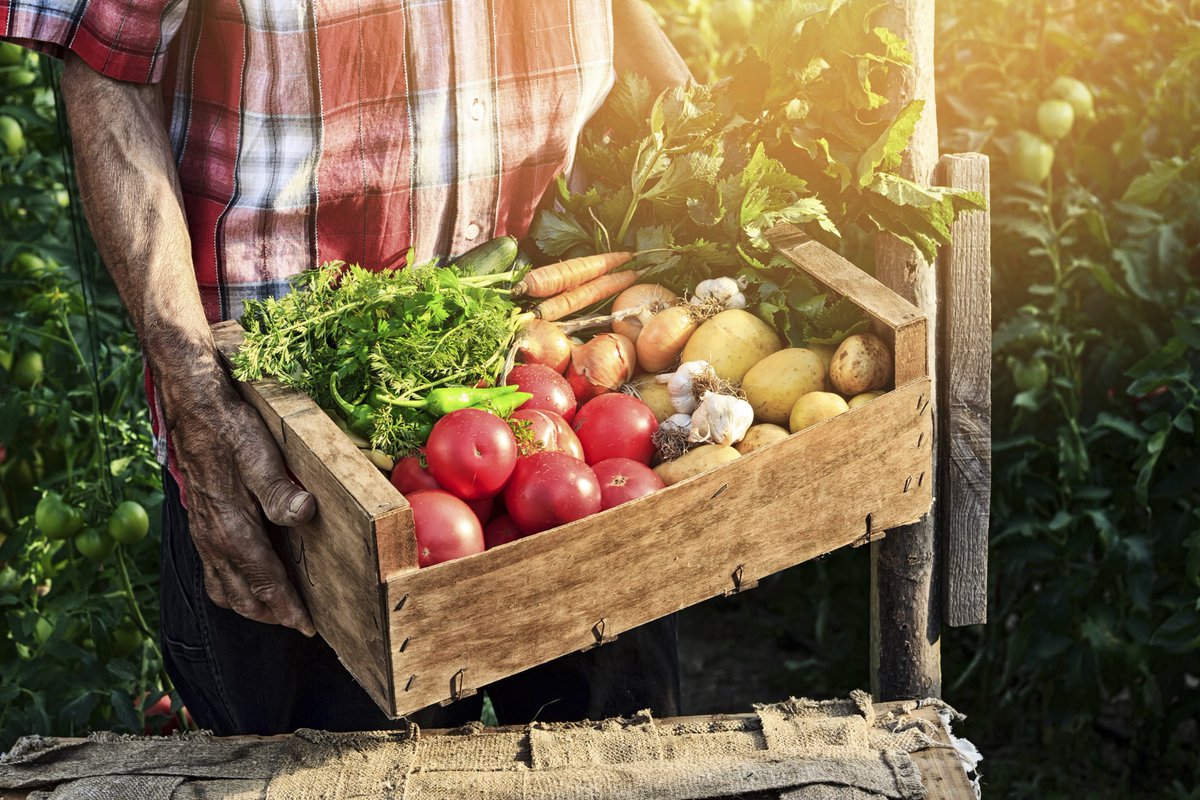
Organic Farming: Benefits and Challenges
admin
- 0
kfoodfair2015.com – Organic farming has gained significant traction in recent years as a sustainable and environmentally friendly approach to agriculture. This method of farming avoids the use of synthetic fertilizers, pesticides, and genetically modified organisms (GMOs), focusing instead on natural processes and biodiversity to maintain soil fertility and control pests. Despite its growing popularity, organic farming comes with its own set of benefits and challenges.
Benefits of Organic Farming
Environmental Sustainability
One of the primary benefits of organic farming is its positive impact on the environment. By eschewing synthetic chemicals, organic farming helps to reduce water pollution, soil erosion, and the emission of greenhouse gases. The use of crop rotation and composting also enhances soil health, leading to more resilient and productive farmland.
Healthier Food Products
Organic farming produces food that is free from harmful pesticides and chemicals, which can be beneficial for consumers’ health. Studies have shown that organic foods often have higher levels of certain nutrients and antioxidants, although the overall nutritional value can vary.
Biodiversity Conservation
Organic farming practices support biodiversity by providing habitats for a wide range of species. The absence of synthetic pesticides and the use of natural pest control methods help to maintain a balanced ecosystem, which is crucial for pollination and natural pest regulation.
Long-Term Soil Health
The emphasis on natural fertilizers and crop rotation in organic farming contributes to the long-term health of the soil. This not only ensures the sustainability of the farm but also leads to higher quality produce and better yields in the long run.
Challenges of Organic Farming
Higher Production Costs
One of the main challenges of organic farming is the higher production costs. Without the use of synthetic fertilizers and pesticides, farmers often need to invest more in labor-intensive practices such as hand-weeding and natural pest control methods.
Lower Yields
Organic farming typically results in lower yields compared to conventional farming. This is due to the absence of high-yielding GMOs and the reliance on natural processes that may not be as efficient as synthetic inputs.
Market Access and Certification
Accessing markets for organic produce can be challenging, especially for small-scale farmers. The process of obtaining organic certification can be costly and time-consuming, which may act as a barrier to entry for some farmers.
Pest and Disease Management
Managing pests and diseases without the use of synthetic chemicals can be difficult and requires a deep understanding of ecological principles. Organic farmers must employ a variety of strategies, including crop rotation, natural predators, and resistant crop varieties, to effectively control pests and diseases.
Conclusion
Organic farming offers numerous benefits for both the environment and human health, but it also presents several challenges. As the demand for organic products continues to grow, it is crucial for farmers, policymakers, and consumers to work together to address these challenges and promote the sustainable development of organic agriculture.


